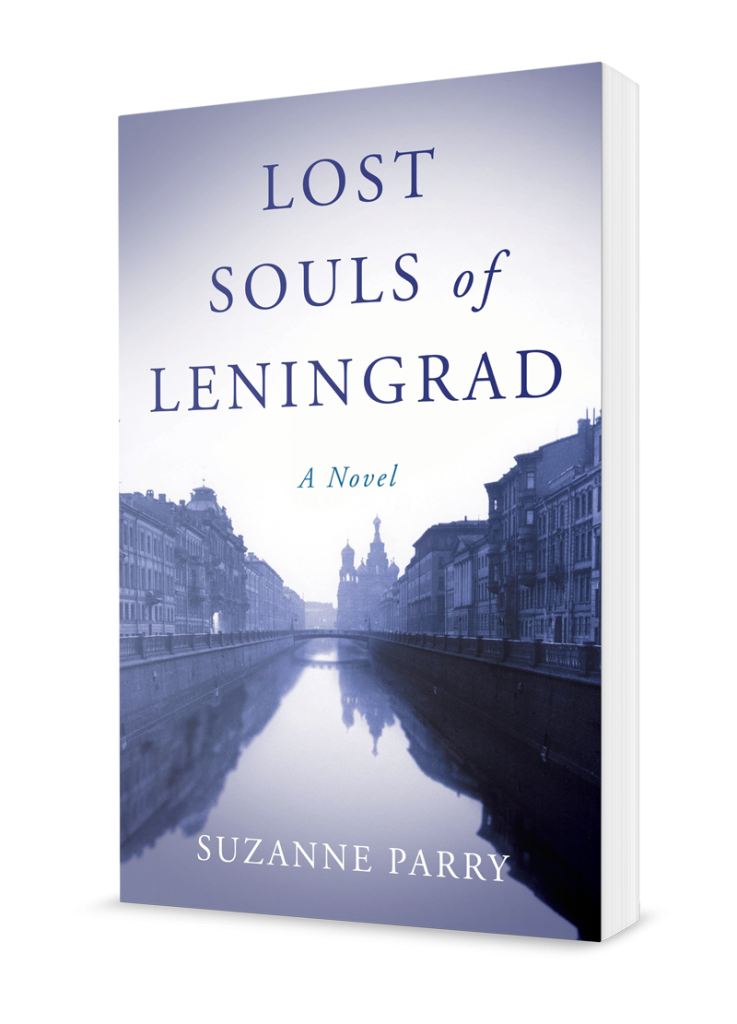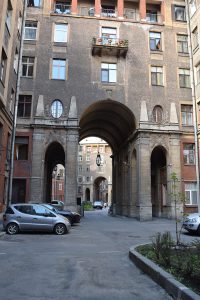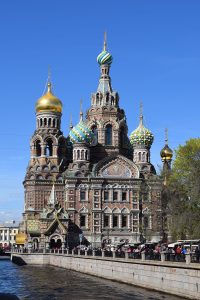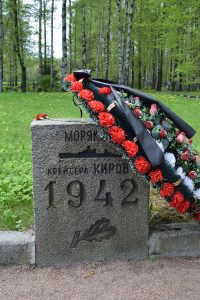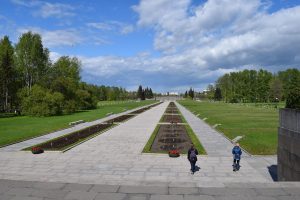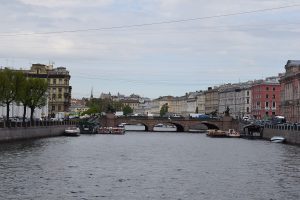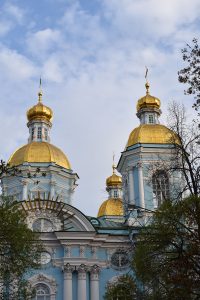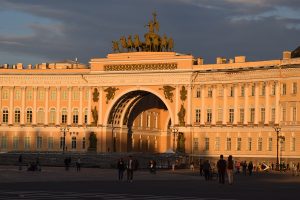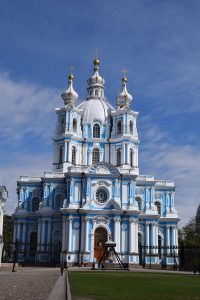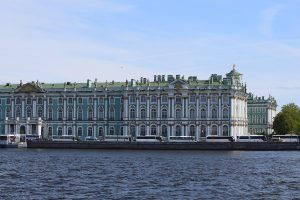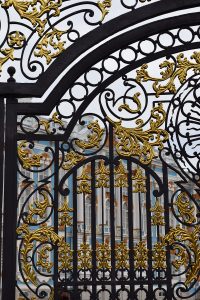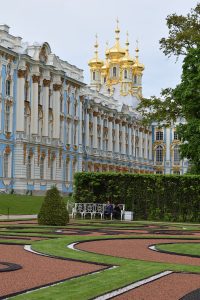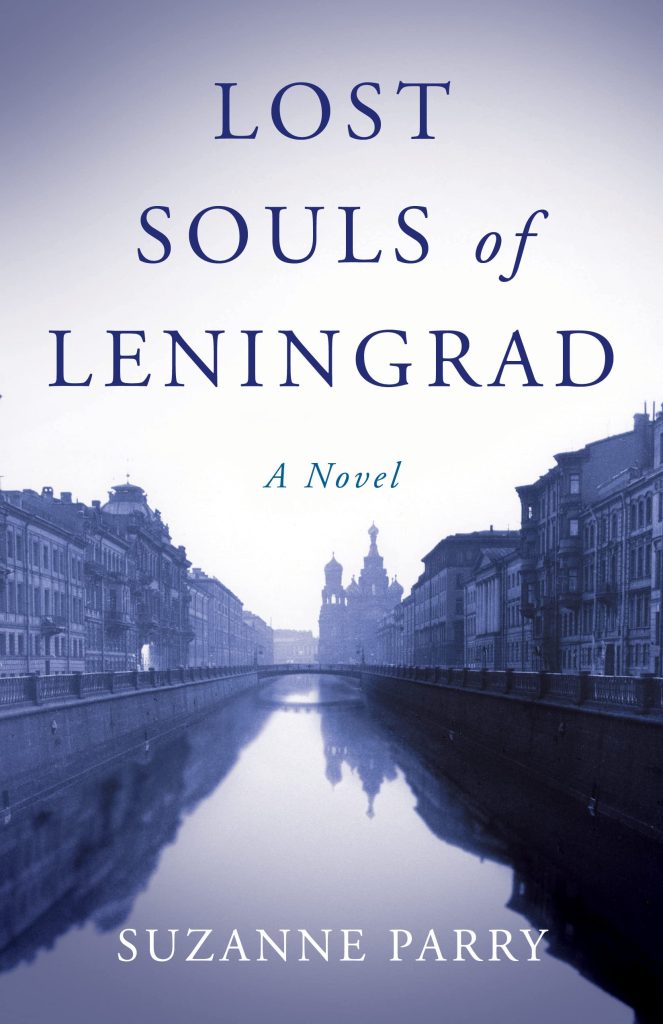The Leningrad Trilogy
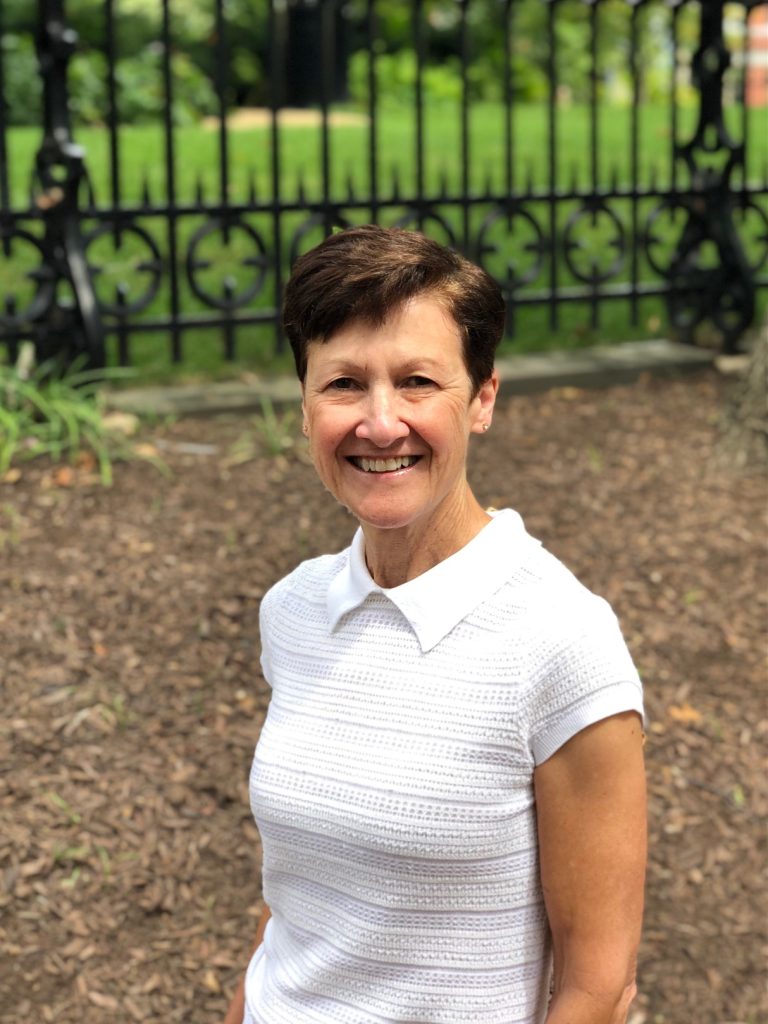
About Suzanne
Former Pentagon arms control negotiator Suzanne Parry writes 20th century historical fiction because it tells us something urgent about our 21st century world. She studied Russian in Moscow, taught university, ran dozens of marathons, coached high school cross-country and raised a large family. Suzanne lives on both coasts but calls Portland, Oregon home. The Communist’s Secret is her second novel.
About Lost Souls of Leningrad
Praise
“Lost Souls of Leningrad is a sweeping, heartbreaking, and life-affirming saga. … A remarkable and immersive book that belongs on the shelf with Life and Fate.”
—Kim Taylor Blakemore, author of The Companion and After Alice Fell
“With the devastating siege of Leningrad as the backdrop, . . . the despair and brutality of war is evoked through a tender human story of love, family, music, and hope. A stirring novel I couldn’t put down!”
—Linda Kass, author of Tasa’s Song and A Ritchie Boy
“Lost Souls of Leningrad dives into the personal story of a family navigating one of the major atrocities in modern history. Told with the authority that only a scholar can provide, combined with the chops of a natural storyteller, this book is a can’t-put-down triumph.”
—Suzy Vitello, author of Faultland, The Empress Chronicles, and The Moment Before
“This is historical fiction that feels ripped from today’s headlines, . . . an engaging portrayal of love and survival in wartime.”
—Debra Dean, bestselling author of The Madonnas of Leningrad, a New York Times Editors’ Choice
Latest Blog Post
This article inspired by “Lost Souls of Leningrad” was written by a journalist/novelist friend of mine, Michael J. Fitzgerald, who writes a column for the Finger Lake Times in Geneva, NY. This article was published on April 4, 2025. I just finished reading “Lost Souls of Leningrad” a page-turner, historic novel by Suzanne Parry set…
Read MoreBackstory
The story behind the story. Every book has one.
For me, it began when I was a student. At twenty-one, I managed to spend my last semester of college in the former Soviet Union. This was the late 1970s—the height of the Cold War—and exchange programs were few. Ohio State University had one, and I joined a group of thirty-some American and Canadian students on the adventure of a lifetime.

